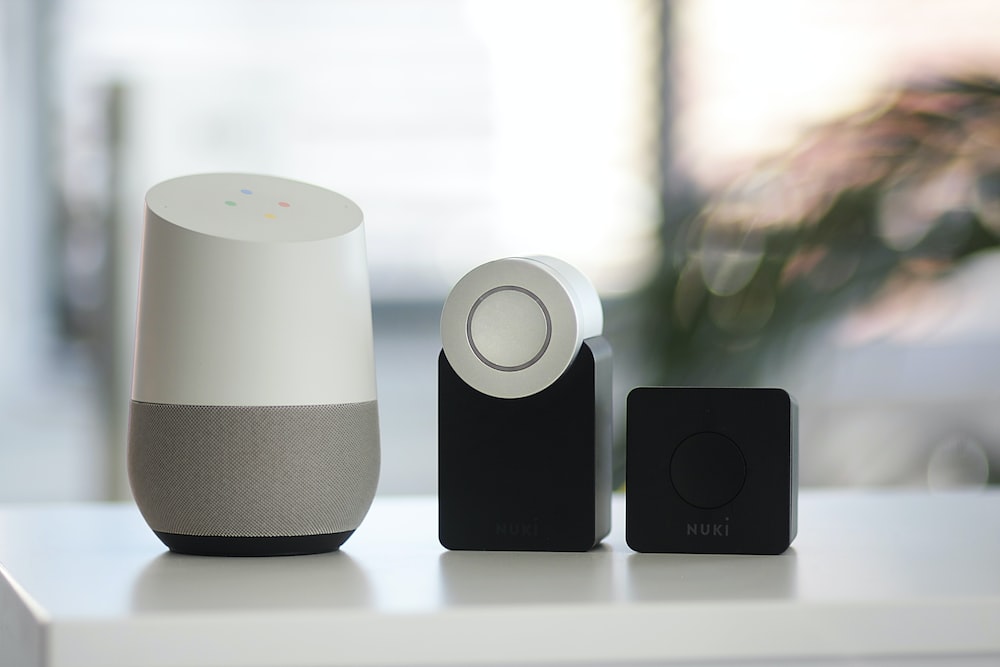In recent years, the real estate industry has undergone significant changes thanks to technological advancements. With the rise of proptech, we have seen a shift in the way we buy, sell, rent, and manage properties. In this article, we will explore the top proptech trends that are shaping the future of real estate.
What is Proptech?
Before we delve into the future of proptech, let's define what it is. Proptech is a term used to describe the use of technology in the real estate industry. It includes various tools, software, and platforms that aim to make the buying, selling, and management of properties more efficient.
Smart Homes
One of the most significant proptech trends is the rise of smart homes. Smart homes utilize technology to control various systems such as lighting, heating, and security. With the help of artificial intelligence (AI), smart homes can learn a resident's habits and preferences, adjusting the environment to their liking automatically. This technology is not only convenient but also energy-efficient.
Virtual and Augmented Reality
Virtual and augmented reality (VR/AR) have become increasingly popular in the real estate industry. VR and AR technologies allow potential buyers to take virtual tours of properties, giving them a realistic sense of the space without physically being there. This technology has made it easier for buyers to view properties remotely, saving time and money.
Blockchain
Blockchain technology is another trend that is revolutionizing the real estate industry. Blockchain can be used to manage property ownership and streamline the buying and selling process. This technology offers a secure and transparent way to track ownership and transfer property rights, reducing the need for intermediaries such as lawyers and banks.
Big Data
The use of big data in the real estate industry is becoming more prevalent. By analyzing data on property sales, demographics, and other relevant factors, real estate professionals can make more informed decisions. Big data can also help predict future trends and identify opportunities for growth.
3D Printing
3D printing technology is changing the way we build properties. With 3D printing, entire houses can be constructed quickly and efficiently. This technology has the potential to reduce construction costs and increase the availability of affordable housing.
Property Management Software
Property management software is a tool used by real estate professionals to streamline various tasks such as tenant screening, rent collection, and maintenance requests. This software has made it easier for landlords and property managers to manage their properties efficiently, saving time and money.
Drones
Drones have many uses in the real estate industry, from capturing aerial footage of properties to inspecting roofs and other hard-to-reach areas. Drones can provide a bird's-eye view of a property, allowing potential buyers to see the surrounding area and get a sense of the property's location.
Internet of Things (IoT)
The Internet of Things (IoT) is the interconnectivity of devices such as appliances, vehicles, and buildings. In the real estate industry, IoT can be used to manage properties more efficiently. For example, IoT-enabled sensors can detect leaks, temperature changes, and other issues, alerting property managers to potential problems before they become costly.
Artificial Intelligence (AI)
Artificial intelligence (AI) is becoming increasingly prevalent in the real estate industry. AI can be used to automate various tasks such as property valuation and investment analysis. It can also help identify potential risks and opportunities, making it easier for real estate professionals to make informed decisions.
Cybersecurity
As more real estate professionals rely on technology to manage their properties, cybersecurity has become a significant concern. Cybersecurity threats such as hacking and data breaches can have serious consequences. Real estate professionals must prioritize cybersecurity to protect their clients from these threats and ensure the safety and security of their sensitive information.
Sustainable Technology
Sustainability has become a crucial consideration in the real estate industry. Sustainable technology, such as solar panels and energy-efficient appliances, can help reduce energy consumption and lower carbon emissions. This technology not only benefits the environment but also reduces costs for property owners and tenants.
Co-Living Spaces
Co-living spaces are a new trend in the real estate industry that combines affordable housing with shared spaces and amenities. This concept is particularly popular among millennials and Gen Z who prioritize social interaction and community. Co-living spaces utilize technology to manage the shared spaces and amenities efficiently.
Robotics
Robotics technology is being used to automate various tasks in the real estate industry. Robots can be used to clean and maintain properties, reducing the need for human labor. They can also be used in construction and property inspection, making these tasks safer and more efficient.
Voice Assistants
Voice assistants such as Amazon's Alexa and Google Home are becoming increasingly prevalent in homes and businesses. In the real estate industry, voice assistants can be used to control various systems in a property, such as lighting and temperature. They can also provide information on nearby amenities and attractions.
Proptech is revolutionizing the real estate industry, and the future looks bright. With the rise of smart homes, virtual and augmented reality, blockchain, big data, and other innovative technologies, the real estate industry is becoming more efficient and sustainable. As the industry continues to evolve, it is essential for real estate professionals to stay up-to-date on the latest trends and incorporate technology into their practices.
FAQs
Q. What is proptech?
A. Proptech refers to the use of technology in the real estate industry, including tools, software, and platforms that aim to make buying, selling, and managing properties more efficient.
Q. How is blockchain being used in real estate?
A. Blockchain can be used to manage property ownership and streamline the buying and selling process, offering a secure and transparent way to track ownership and transfer property rights.
Q. How can big data be used in the real estate industry?
A. By analyzing data on property sales, demographics, and other relevant factors, real estate professionals can make more informed decisions and predict future trends.
Q. What are co-living spaces?
A. Co-living spaces are a new trend in the real estate industry that combines affordable housing with shared spaces and amenities, particularly popular among millennials and Gen Z.
Q. Why is cybersecurity important in the real estate industry?
A. As real estate professionals rely more on technology to manage their properties, cybersecurity threats such as hacking and data breaches become a significant concern. It is essential to prioritize cybersecurity to protect sensitive information and ensure the safety and security of clients.




